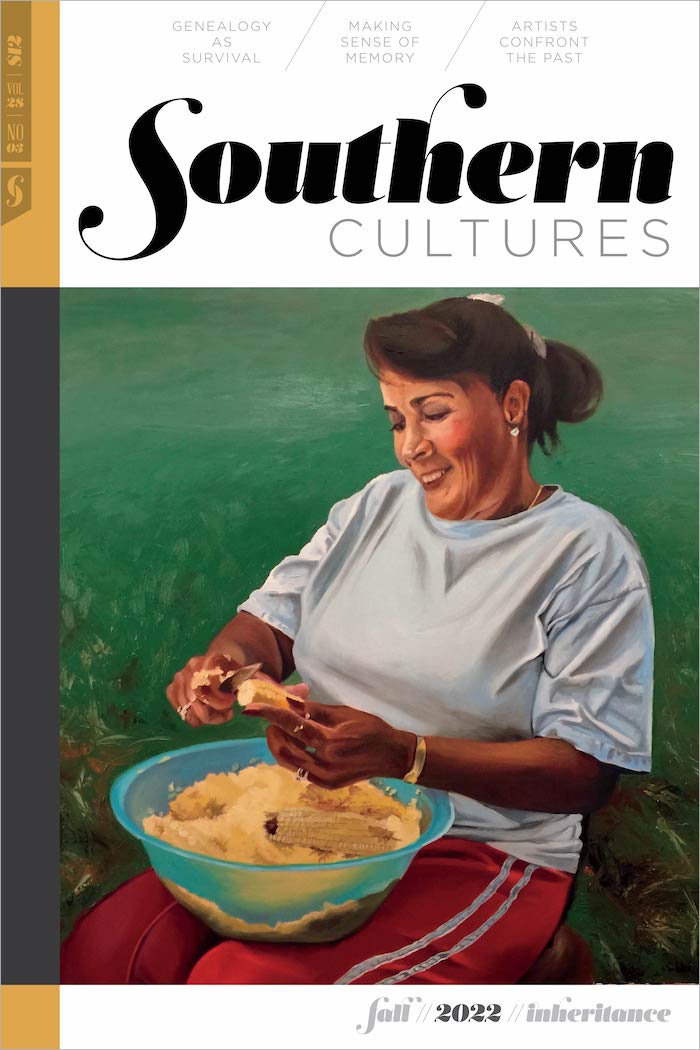“Understanding the persistence of colonial power structures reveals the ways in which our pasts can so monstrously echo our present.”
Every October, Beaufort County, South Carolina, holds a tax sale auction for delinquent properties. Last year was remarkable for two reasons. First, the auction of October 4, 2021, had more registered bidders (260) than properties upon which to bid (248), a surprising result considering the economic impact of the pandemic. And second, for the first time in years, only two Gullah properties fell to the auctioneer’s gavel. Prior to such sales, Theresa White, ceo of the Pan-African Family Empowerment & Land Preservation Network (PAFEN), searches lists published in the local papers for Gullah Geechee property owners who may need help raising funds to save family properties. Since 2015, White’s “Help Save Gullah Geechee Land Campaign” has combatted what the Department of Agriculture calls “the leading cause of Black involuntary land loss”—the legal battle against heirs’ property. In some of the most historically singular places in the United States, deeply rooted colonial histories have produced legal mechanisms like heirs’ property, such that a delinquent tax bill of $100 might jeopardize a Gullah Geechee family’s historical inheritance.


